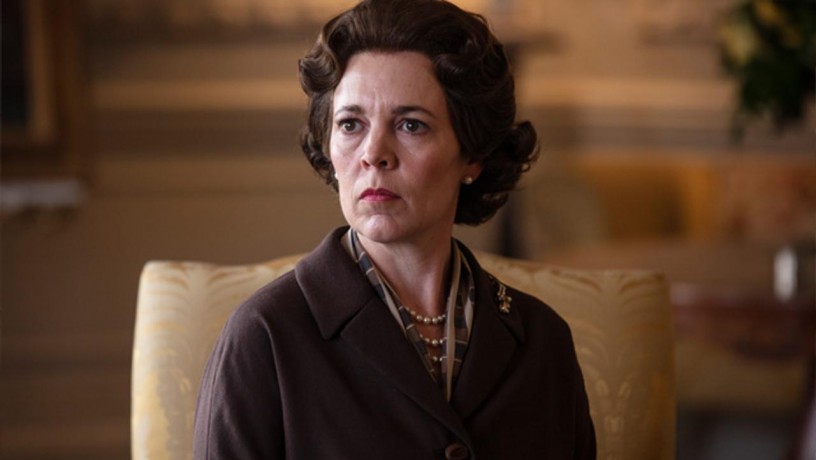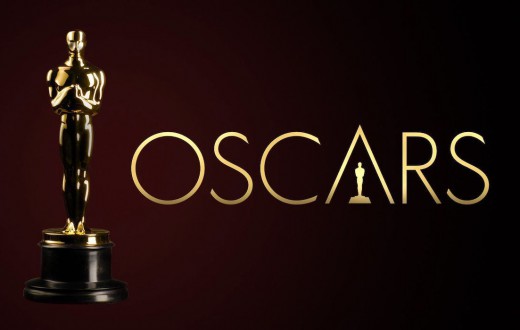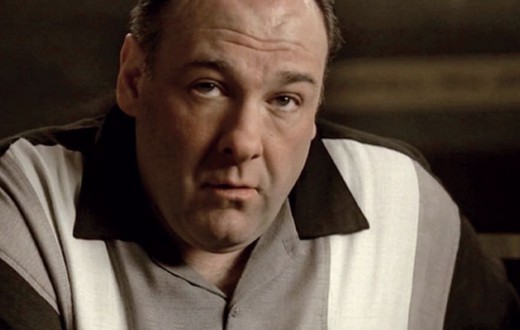In recent times, a debate has stirred the entertainment industry, particularly the acting community, revolving around the practice of self-taping auditions. Notably, Olivia Colman, an acclaimed actress, has voiced her opinion, labeling the request for actors to self-tape as disrespectful. This article delves into the nuances of this controversy, exploring the benefits and pitfalls of self-taped auditions, aiming to provide a balanced perspective on the matter.
Understanding Self-Taped Auditions
Self-taped auditions are a relatively new phenomenon in the acting world, wherein actors record their audition pieces and submit them electronically. This method has gained traction, especially in the wake of the COVID-19 pandemic, as it offers a safer and more convenient alternative to in-person auditions.
Benefits of Self-Taped Auditions
- Convenience and Accessibility: Actors can record auditions in their own time and space, allowing for flexibility in their schedules.This is particularly advantageous for those who may not have the means to travel for auditions.
- Global Reach: Casting directors can receive audition tapes from a broader range of talent, not limited by geographical constraints. This inclusivity can lead to discovering unique talents from different parts of the world.
- Cost-Effective: Both actors and production companies can save on the costs associated with travel and audition venue rentals for auditions.
- Multiple Takes: Actors have the liberty to record multiple takes and submit their best performance, potentially increasing their chances of impressing the casting team.
Pitfalls of Self-Taped Auditions
- Lack of Personal Interaction: The absence of direct interaction with casting directors can lead to a lack of immediate feedback and a diminished ability to gauge an actor’s presence and personality beyond the screen.
- Technical Challenges: Not all actors have access to high-quality recording equipment, which can disadvantage talented individuals who may not be able to present themselves in the best light due to technical limitations.
- Increased Competition: With the ease of submitting auditions, casting directors may receive an overwhelming number of tapes, making it harder for actors to stand out.
- Emotional Disconnect: The process can feel impersonal and transactional, potentially affecting the emotional investment and connection an actor feels with the role and the casting team.
Olivia Colman’s Stance
Olivia Colman’s remarks have ignited a broader conversation about the respect and dignity of actors in the audition process. Her perspective resonates with many in the industry who feel that the art of acting and the process of casting should retain a human touch, valuing direct interaction and acknowledgment of an actor’s effort and dedication.
Striking a Balance
The key to addressing this controversy lies in finding a middle ground that respects the artists’ time and effort while leveraging the benefits of technology. Possible solutions could include offering actors a choice between in-person and self-taped auditions or incorporating live virtual auditions as a middle ground.
Conclusion
The debate over self-taped auditions underscores a fundamental question about the evolving nature of the acting profession and the ways technology intersects with traditional practices. As the industry navigates these changes, it’s crucial to maintain a dialogue that considers the perspectives of all stakeholders involved, ensuring that the evolution of audition practices aligns with the core values of respect and artistic integrity in the entertainment world.I personally feel it is a net benefit for both the talent and production in terms of time and cost savings.
Related – The New SAG-AFTRA Deal Changes To The Self-Tape Audition Process







